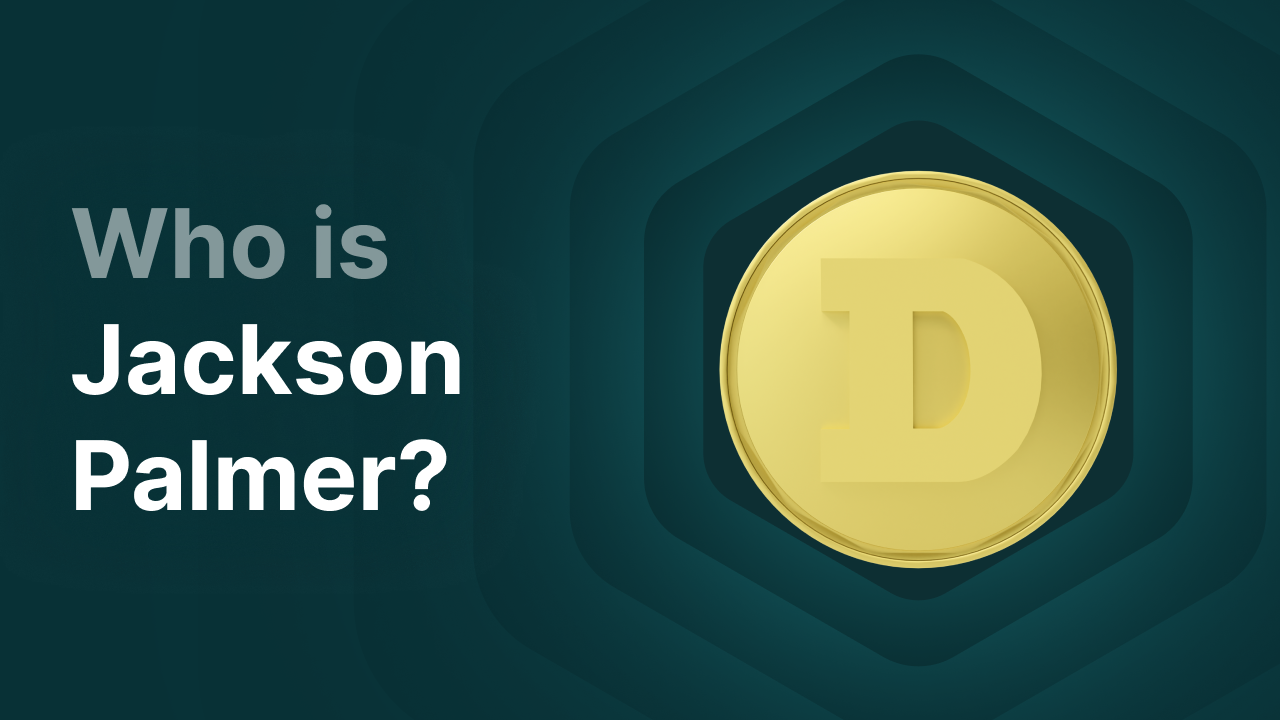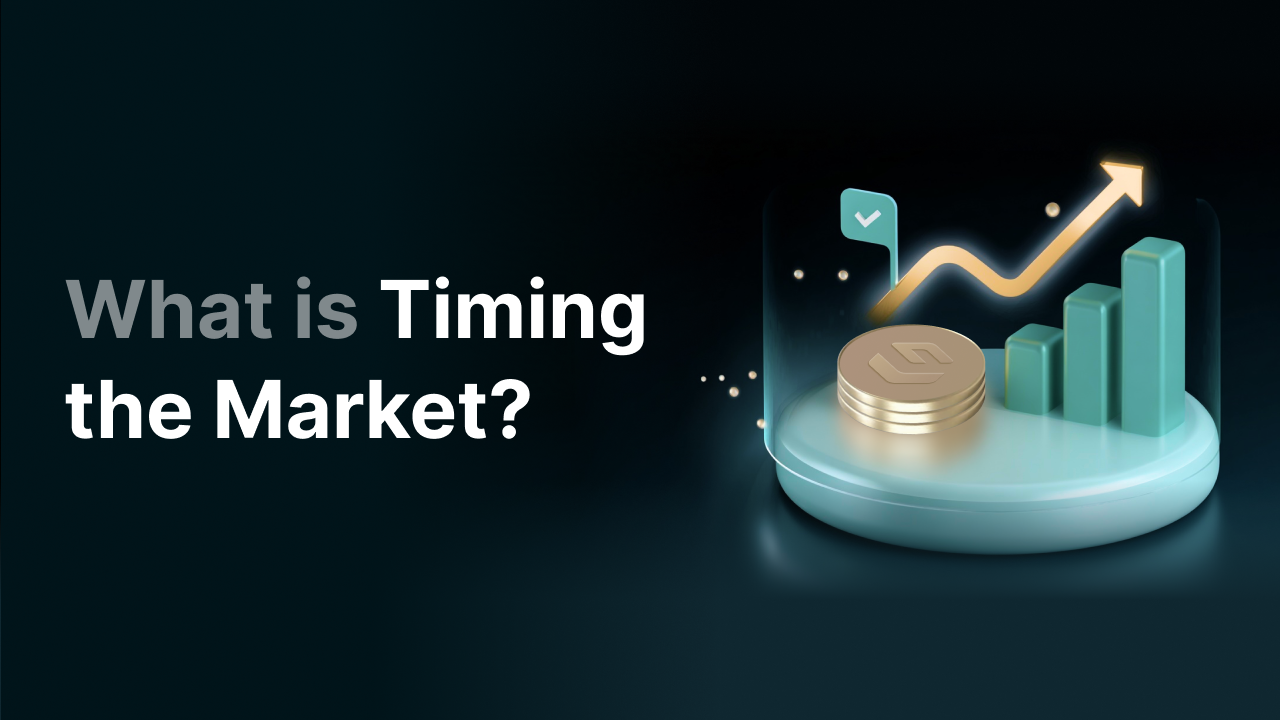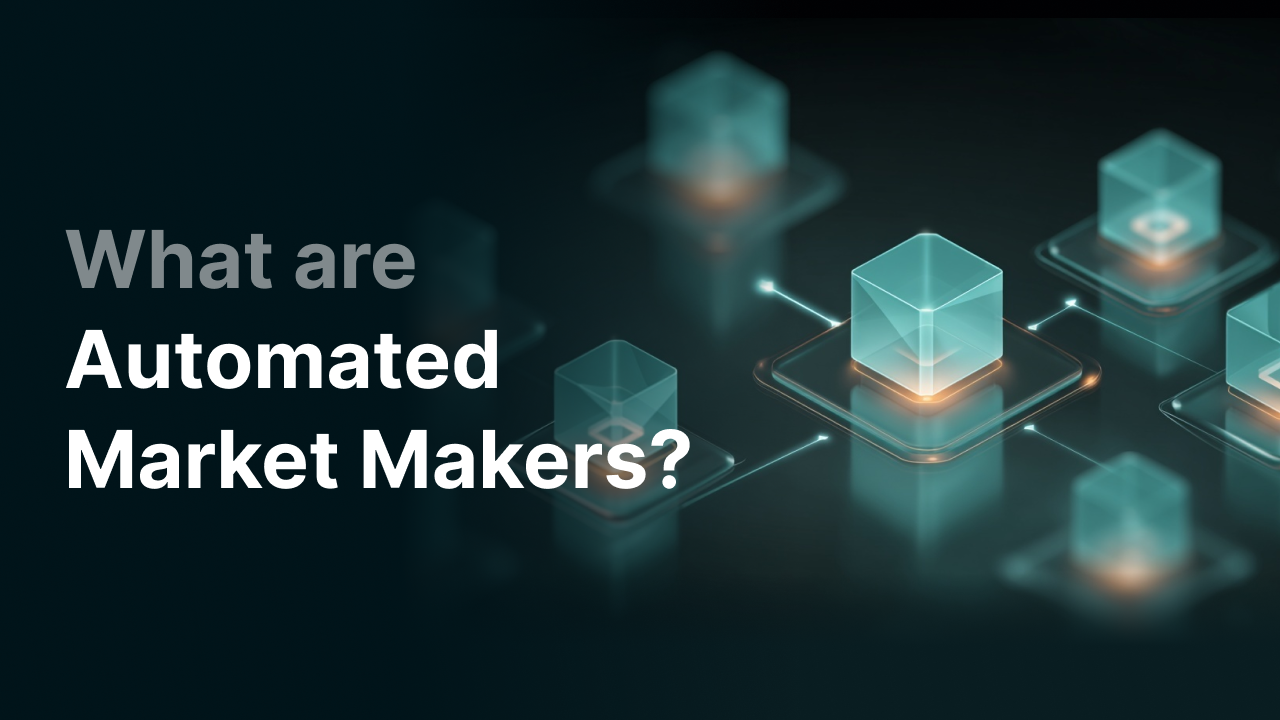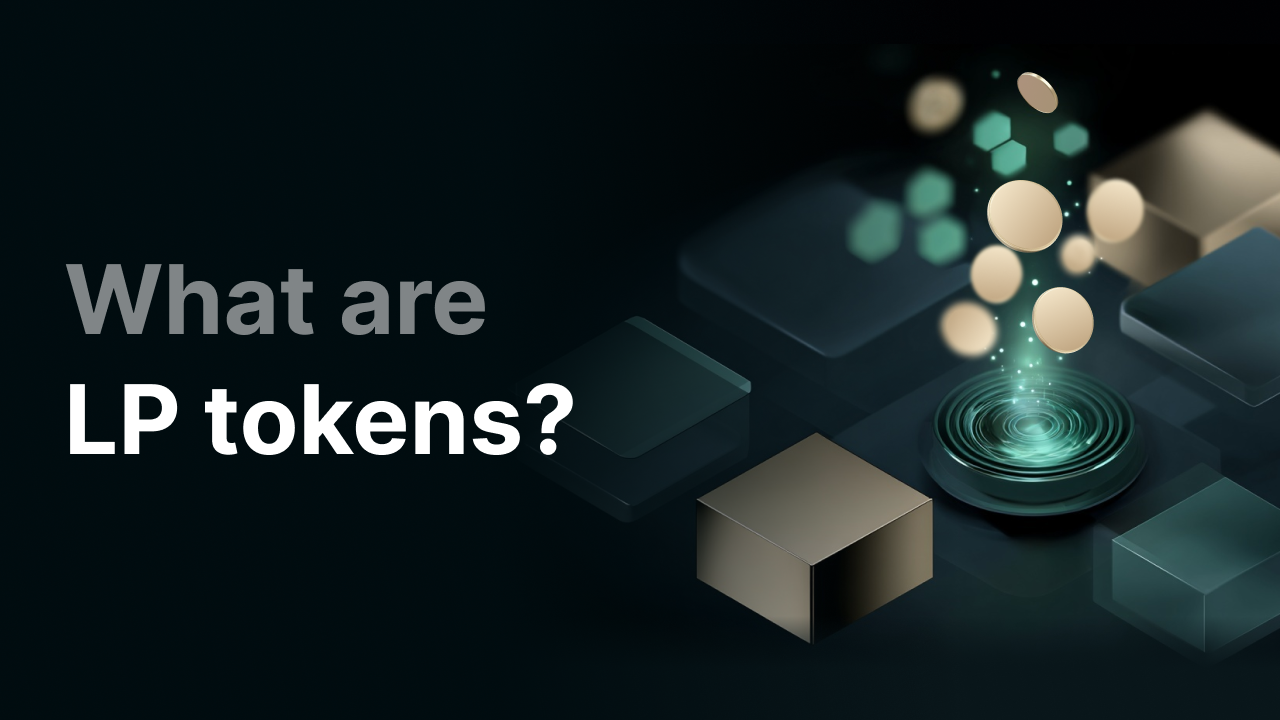What are Custodial and Non-Custodial Wallets and How Do They Work?
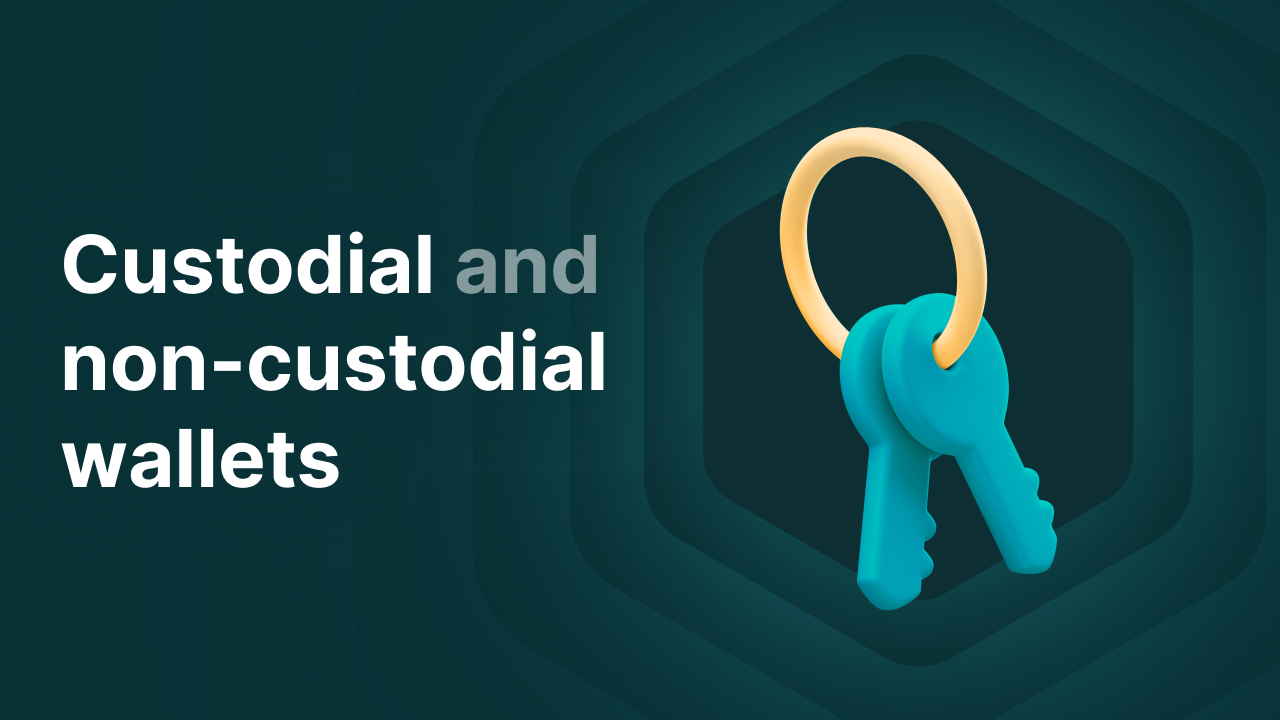
What are Custodial and Non-Custodial Wallets?
Custodial wallets are cryptocurrency wallets where a third party holds your cryptocurrencies, while non-custodial wallets are wallets where you keep them yourself. Whoever holds the private keys is technically the owner. That’s why crypto enthusiasts often say: "Not your keys, not your coins."
When you dive into crypto wallets, you quickly encounter terms like “custodial” and “non-custodial.” But what do these terms actually mean? And more importantly: which wallet suits your situation best?
In this article, we explain everything about the difference between custodial and non-custodial wallets, and what advantages and disadvantages you can expect. Whether you are a beginner or have been involved in crypto for a while, this article will help you make an informed choice.
Key Takeaways
- Custodial wallets are managed by a third party, such as an exchange or broker.
- With non-custodial wallets, you have full control over your private keys.
- Custodial wallets focus on user-friendliness but require you to give up some control.
- Non-custodial wallets offer maximum autonomy and privacy but require more responsibility.
What is a Crypto Wallet?
A crypto wallet is a digital wallet that allows you to receive, store, and send cryptocurrencies such as Bitcoin, Ethereum, or other tokens. But unlike a physical wallet, you don’t actually store coins. What you are really storing is access to your cryptocurrencies in the form of cryptographic keys.
Each wallet contains a private key and a public key. The private key lets you sign transactions and manage your crypto. The public key is used to receive crypto.
There are many different types of wallets: hardware wallets, mobile wallets, desktop wallets, and web wallets. But all these wallets can be divided into custodial wallets and non-custodial wallets.
What is a Custodial Wallet?
A custodial wallet is a wallet where a third party, often a crypto exchange or broker, manages the private keys for you. You don’t have to worry about securely storing your seed phrase or making backups. You simply create an account on a platform and can immediately start buying, sending, or receiving crypto.
With a custodial wallet, you entrust your crypto to a service provider. You can compare this to how a bank manages your money: you have access to your balance via your account, but the bank holds it in their systems.
How Does a Custodial Wallet Work?
When you create an account with an exchange or broker, a wallet is automatically created for you. Usually, you don’t receive a seed phrase or private key. Instead, you log in with a username and password. Often, you can set up extra security layers like two-factor authentication (2FA). If you lose your login details, you can usually request them again easily via your email.
The provider takes care of the technical management of your wallet and executes transactions on the blockchain on your behalf. This way, you don’t have to worry about the sometimes complex steps to send cryptocurrencies. Ultimately, the actual control lies with the provider, not you.
Advantages of Custodial Wallets
For some traders, custodial wallets are the ideal solution. Especially if you are just starting out, they can be attractive because of their ease of use. Here are the main advantages:
- User-friendly: no need to store a seed phrase or make backups.
- Accessibility: everything works through an easy-to-use interface, similar to online banking.
- Security by the service provider: professional platforms often have advanced security measures.
- Support and recovery options: if you forget your password, you can usually recover it through customer service.
- Extra features: many platforms allow you to stake cryptocurrencies or invest automatically besides just storing crypto.
Disadvantages of Custodial Wallets
However, there are important downsides to using custodial wallets:
- No full control: the service provider has access to your crypto. It’s important to buy cryptocurrencies from a reliable party.
- Limited privacy: many platforms are required to collect customer data (KYC), which reduces your anonymity.
What is a Non-Custodial Wallet?
A non-custodial wallet, also called a self-custodial wallet, is a wallet where users have full control over their private keys. No one else has access to your crypto unless you give them your private keys. Non-custodial wallets come in the form of hot wallets and cold wallets. A non-custodial hot wallet often takes the form of a mobile app or software wallet. A non-custodial cold wallet exists as a hardware wallet or paper wallets. Well-known brands of hardware wallets include Ledger and Trezor, which often look like a USB stick.
When you create a non-custodial wallet, you receive a seed phrase (usually 12 or 24 random words). This seed phrase is essential: it is the key to your wallet and the only way to access your crypto. If you lose these words, there is no way to recover your wallet.
How Does a Non-Custodial Wallet Work?
When you create a non-custodial wallet, for example via a mobile app like Trust Wallet or a hardware wallet like Ledger, you gain full control over your cryptocurrencies. You don’t log in through a third party; you manage everything yourself.
Transactions are sent directly from your wallet to the blockchain. You don’t need permission from a central party to move your crypto. This makes non-custodial wallets an important part of crypto’s decentralized nature.
Advantages of Non-Custodial Wallets
Non-custodial wallets offer full control over your cryptocurrencies. You don’t have to trust anyone else to keep your crypto safe. These are the biggest advantages:
- Full control over your crypto: you are the only one with access to your assets.
- No intermediary needed: transactions go directly through the blockchain, without third-party approval.
- Higher privacy: often no personal data is required.
- Censorship resistant: no one can forbid you to make transactions or use your wallet.
- You control your security: you decide how and where to store your seed phrase.
Disadvantages of Non-Custodial Wallets
But with great freedom comes great responsibility. Keep these points in mind:
- You are responsible for security: if you lose your seed phrase, you lose your crypto.
- Less user-friendly: it can be technically complicated, especially for beginners.
- No customer support: no one can help you if you have problems.
- Higher risk of mistakes: incorrect transactions cannot be undone.
Which Wallet is Right for You?
The choice between a custodial and a non-custodial wallet mainly depends on your experience, preferences, and goals.
Choose a custodial wallet if:
- You are new to crypto and still have a lot to learn.
- You prefer that a third party helps you with management and security.
- You don’t want the responsibility of storing your seed phrase.
Choose a non-custodial wallet if:
- You value privacy and autonomy.
- You understand the technology behind crypto (or are willing to learn).
- You trust your own security and want control over your assets.
- You want to use dApps (decentralized applications), DeFi, staking, or other Web3 services.
Of course, you can also use both custodial and non-custodial wallets. This way, you can apply different strategies with multiple wallets. For example, you might use non-custodial wallets for your long-term investments and large amounts, and a custodial wallet for daily transactions. This way, you get the best of both worlds: control where it matters, convenience where it helps.
Final thoughts
Custodial and non-custodial wallets are two types of crypto wallets where you can store your cryptocurrencies. Custodial wallets mainly offer convenience, support, and accessibility, making them suitable for beginners and everyday use. Non-custodial wallets give you full control over your crypto but require more responsibility. Which wallet suits you best depends on your experience, goals, and how much control you want to have yourself.
